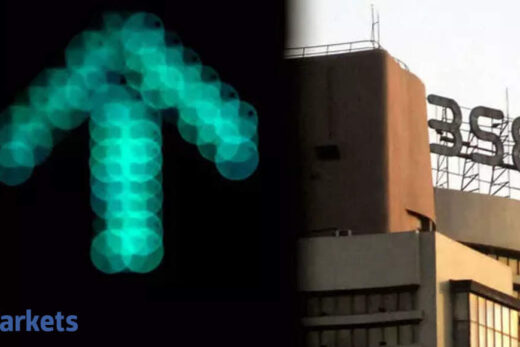The market heavyweight declined 2.25 per cent to Rs 2,370.85 on BSE.
At NSE, it went lower by 2.25 per cent to Rs 2,371.
Jio has delayed the launch of its ultra-low-cost smartphone it is developing with Google, to Diwali, possibly due to semiconductor shortages that the industry is facing.
JioPhone Next was previously slated to be launched on Friday (September 10).
Billionaire Mukesh Ambani, at the shareholder meeting of his flagship Reliance Industries Ltd in June, had stated that the JioPhone Next will be available for purchase on September 10.
JioPhone Next has been designed in partnership with Google and it is for those who are looking to upgrade from 2G to 4G connectivity.
Announcing the new timeline, the company, however, did not reveal the pricing of the phone.
Reliance Jio and Google “have made considerable progress towards launching the much-awaited JioPhone Next, the made-for-India smartphone being jointly designed by the companies”, a Jio statement had said.
JioPhone Next is a first-of-its-kind device featuring an optimised operating system based on Android and Play Store.
“The device and the operating system will offer premium capabilities that have until now been associated with more powerful smartphones, including voice-first features that enable people to consume content and navigate the phone in their own language, deliver a great camera experience, and get the latest Android feature and security updates,” it said.
Both companies have begun testing the JioPhone Next with a limited set of users for further refinement and are actively working to make it available more widely in time for the Diwali festive season.
“This additional time will also help mitigate the current industry-wide, global semiconductor shortages,” it said.



